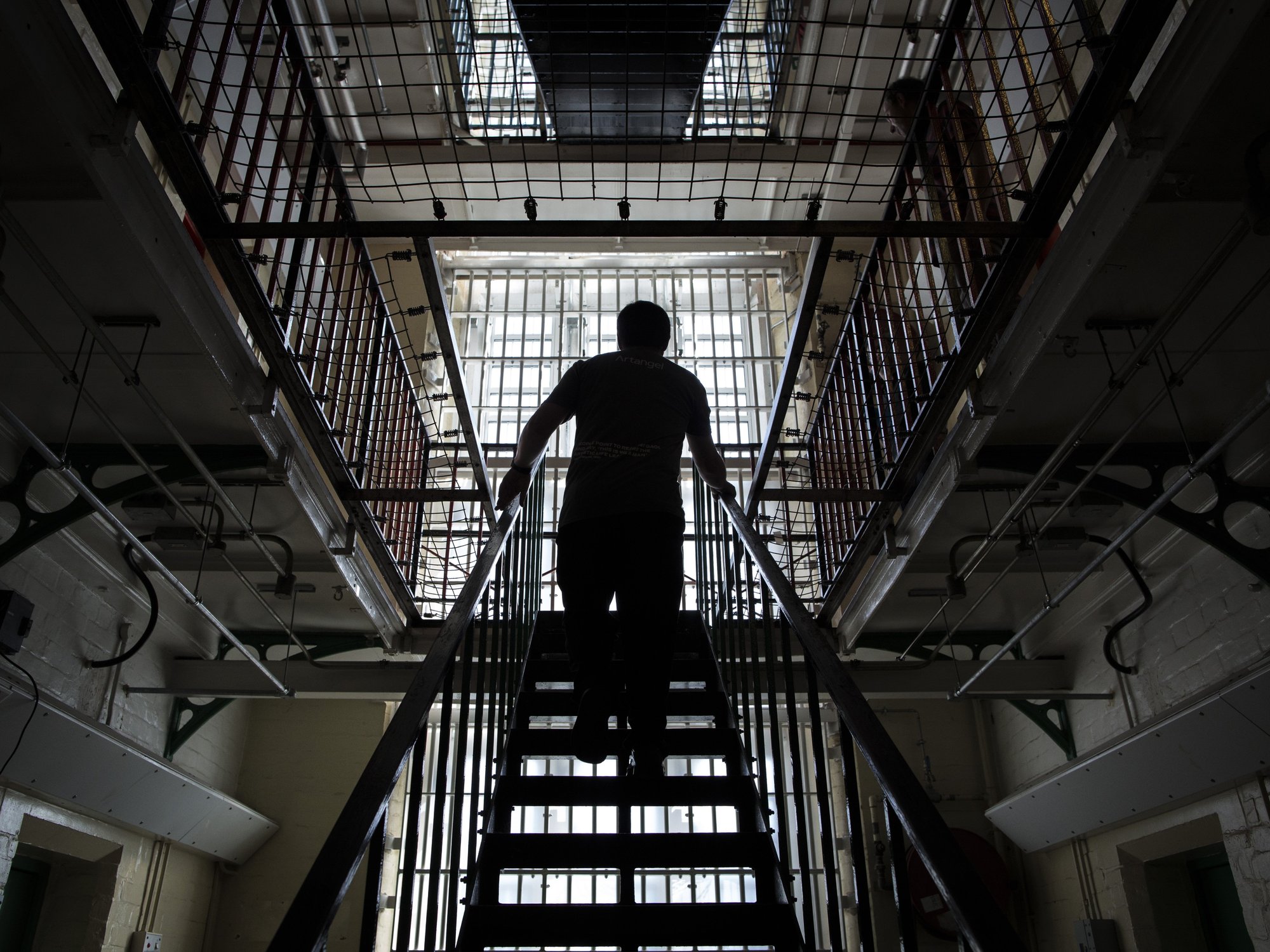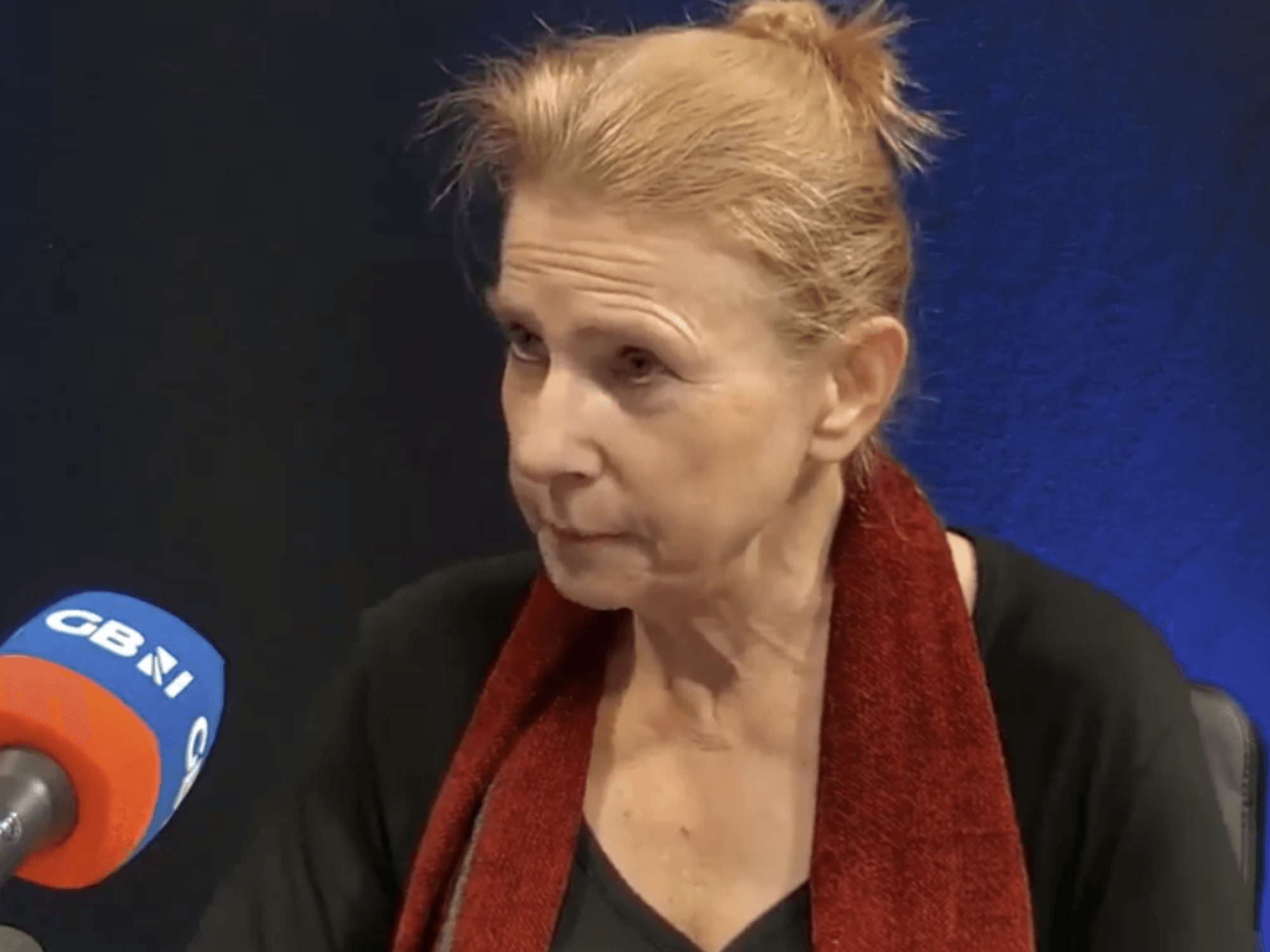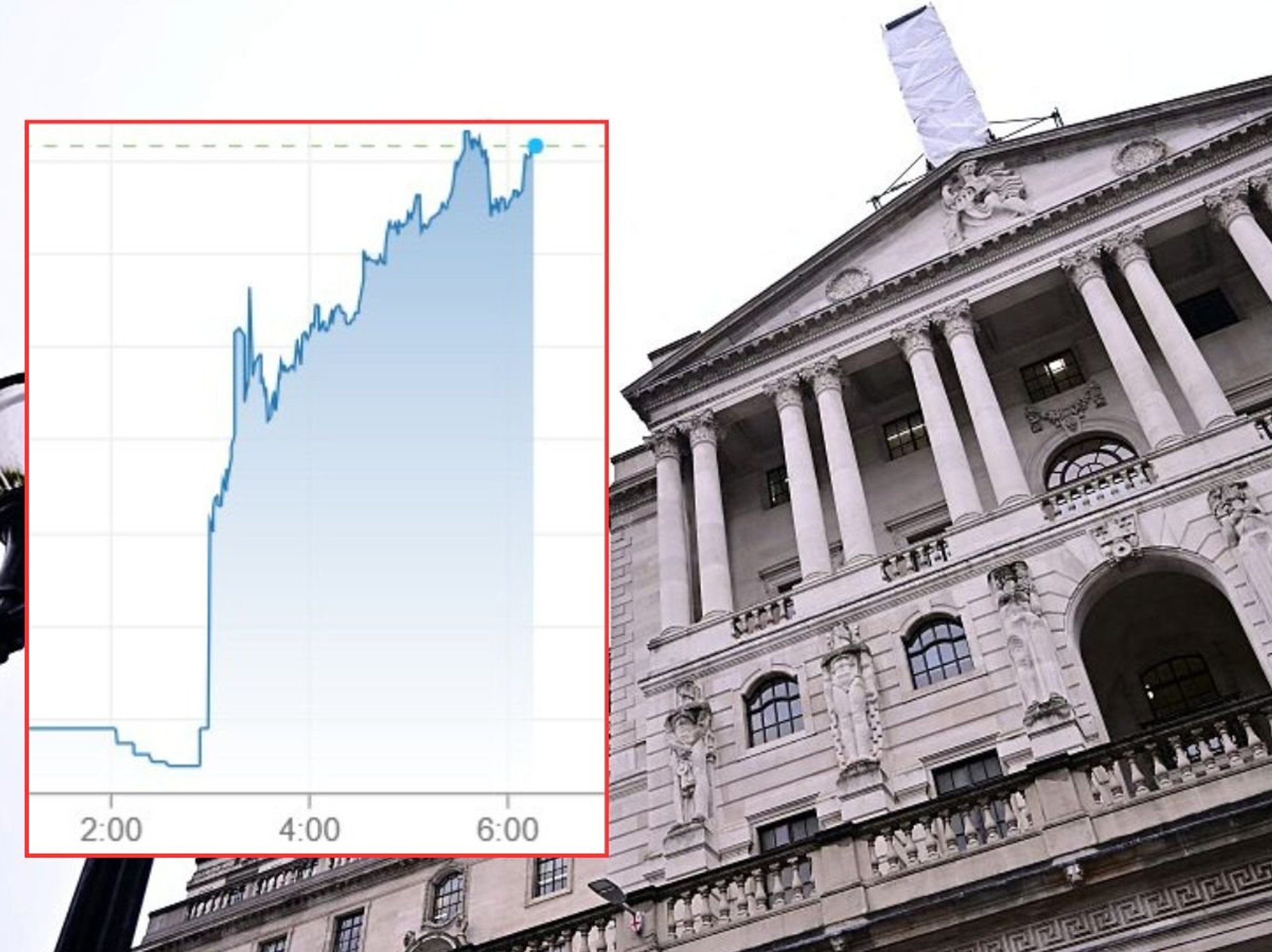Pension warning: HMRC eyes fresh tax raid that could cost Britons an extra £500 a year
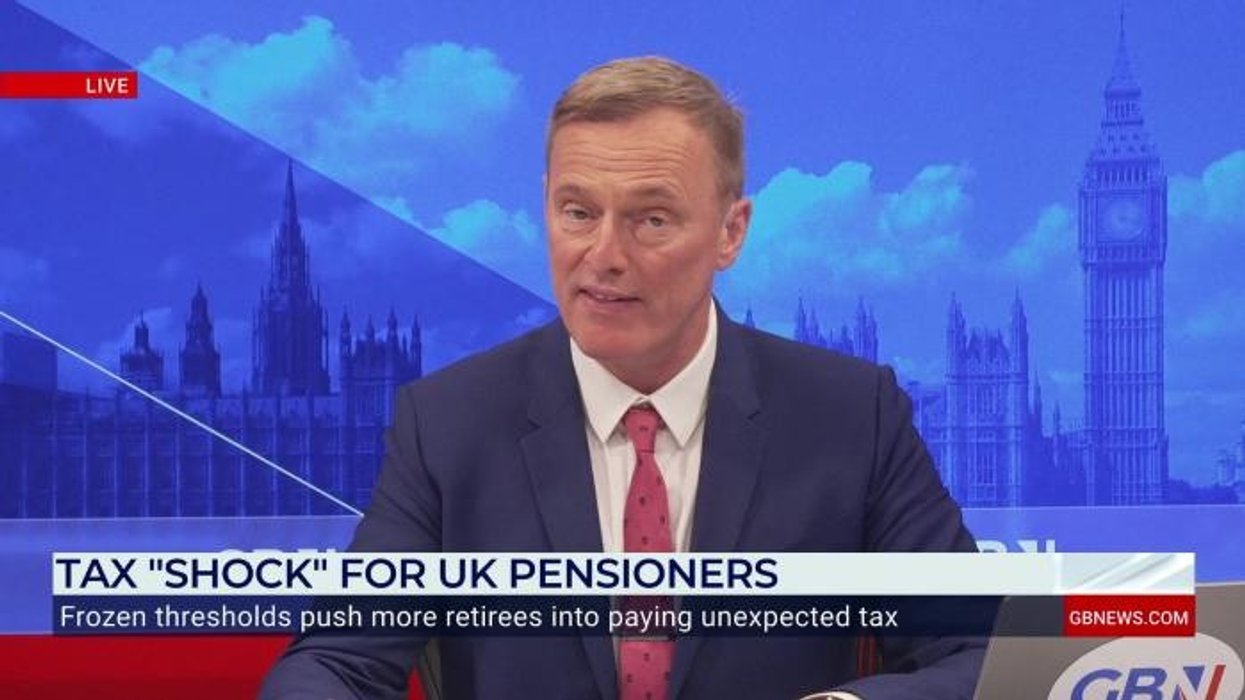
GBNEWS

Experts have warned that Rachel Reeves could be forced to break a manifesto pledge not to increase income tax, National Insurance or VAT
Don't Miss
Most Read
HMRC is exploring potential changes to pension tax perks that could see workers lose up to £500 a year.
New research has sparked fears that the Government may cut salary sacrifice benefits as it looks for ways to raise revenue.
Speculation over pension tax changes has intensified following the release of HMRC research into salary sacrifice schemes.
The study, carried out in summer 2023 under the previous Government, looked at employer attitudes toward these arrangements and how potential cuts to tax reliefs might affect their behaviour.
Aegon UK warns the timing of the report has "turbo-charged speculation" that the Government could be eyeing cuts to this "valuable incentive" to help balance the public finances.
The HMRC study outlined three hypothetical reforms to salary sacrifice tax reliefs, each with financial consequences for both workers and employers.
The reforms included changes to National Insurance contribution relief, and involved 51 firms, 41 of which already offered salary sacrifice.

The total minimum contribution stands at eight per cent
| GETTYUnder the most severe proposal, income tax and National Insurance relief would both be scrapped. For someone earning £35,000 a year and contributing five per cent to their pension, this would result in an annual loss of £560, while their employer would face an extra £241 in costs.
A second option would remove only National Insurance relief. In this case, the same employee would lose £210 a year, with their employer again paying £241 more.
The third scenario would remove National Insurance relief on any amount sacrificed above £2,000. For an employee earning £45,000, this would mean a £30 annual loss, with their employer paying an additional £34.
The study found employers viewed all three options negatively, with particular concern about the complete removal of both types of relief.
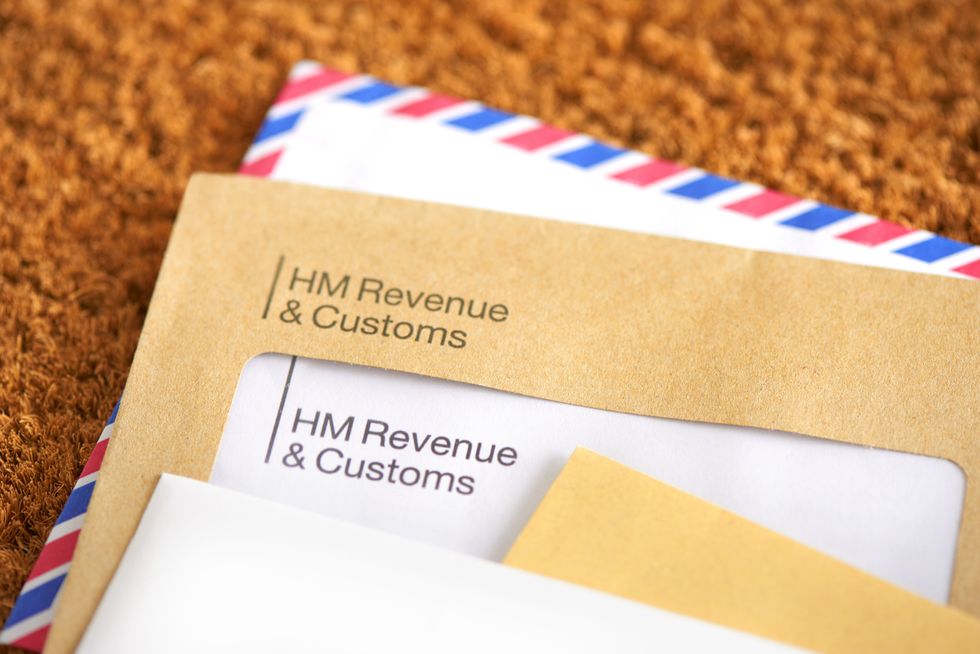
Many warned that such changes could undermine the appeal and viability of salary sacrifice schemes altogether
| GETTYMany warned that such changes could undermine the appeal and viability of salary sacrifice schemes altogether. Employers now face growing uncertainty and potential financial pressure ahead of the upcoming Autumn Budget.
Gary Smith, financial planning partner at Evelyn Partners, warned that "watering it down or dismantling it altogether would hit pension saving, not just because the tax incentive would be diluted but also because faith in the pension system would be dented by more Government interference."
Jonathan Watts-Lay of Wealth at Work described potential changes as a "stealth tax", stating: "You're basically saying to someone you either need to pay more money, or you carry on and your pot will be smaller when you get to retirement."
Salary sacrifice allows employees to exchange part of their salary for non-cash benefits such as pension contributions in a tax-efficient manner.
These contributions are exempt from both income tax and National Insurance contributions, making them attractive and more affordable for employers and employees alike.
Kate Smith, Head of Pensions at Aegon, noted that "interest in these arrangements has surged following April's hike in employer NICs from 13.7 per cent to 15 per cent, alongside a sharp drop in the earnings threshold from £9,100 to £5,000."
Smith explained that after the Chancellor's Budget statement announcing increased employer National Insurance from April 2025, salary sacrifice arrangements became more attractive for many employers because of potential NI savings.
As many as half of British companies currently offer salary sacrifice schemes as a method of making pension contributions.

Interest in these arrangements has surged following April's hike in employer NICs from 13.7 per cent to 15 per cent, alongside a sharp drop in the earnings threshold from £9,100 to £5,000
| GB NEWSA Treasury spokesman dismissed the speculation, stating: "These claims are totally speculative. HMRC regularly commissions independent research on all aspects of the tax system. We are committed to keeping taxes for working people as low as possible."
However, Sir Steve Webb, the former pensions minister, said HMRC's consultation put a potential tax raid "firmly on the agenda".
He noted it was "very revealing" that HMRC had paid for research into employer responses, adding: "Although the research was commissioned under the previous government, the desire to raise additional revenue is, if anything, even more acute today."
The National Institute of Economic and Social Research warned that the Chancellor could be forced to raise taxes by up to £30bn in the autumn Budget to fund benefit giveaways and rising borrowing costs.






